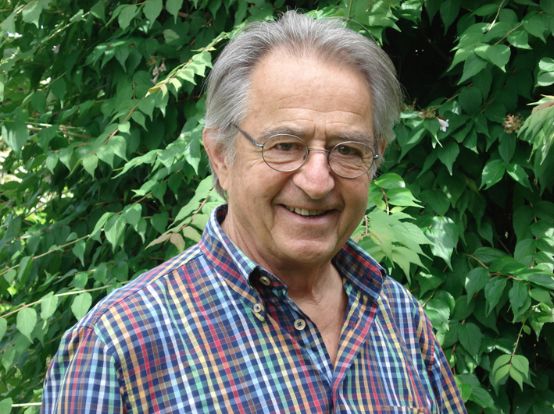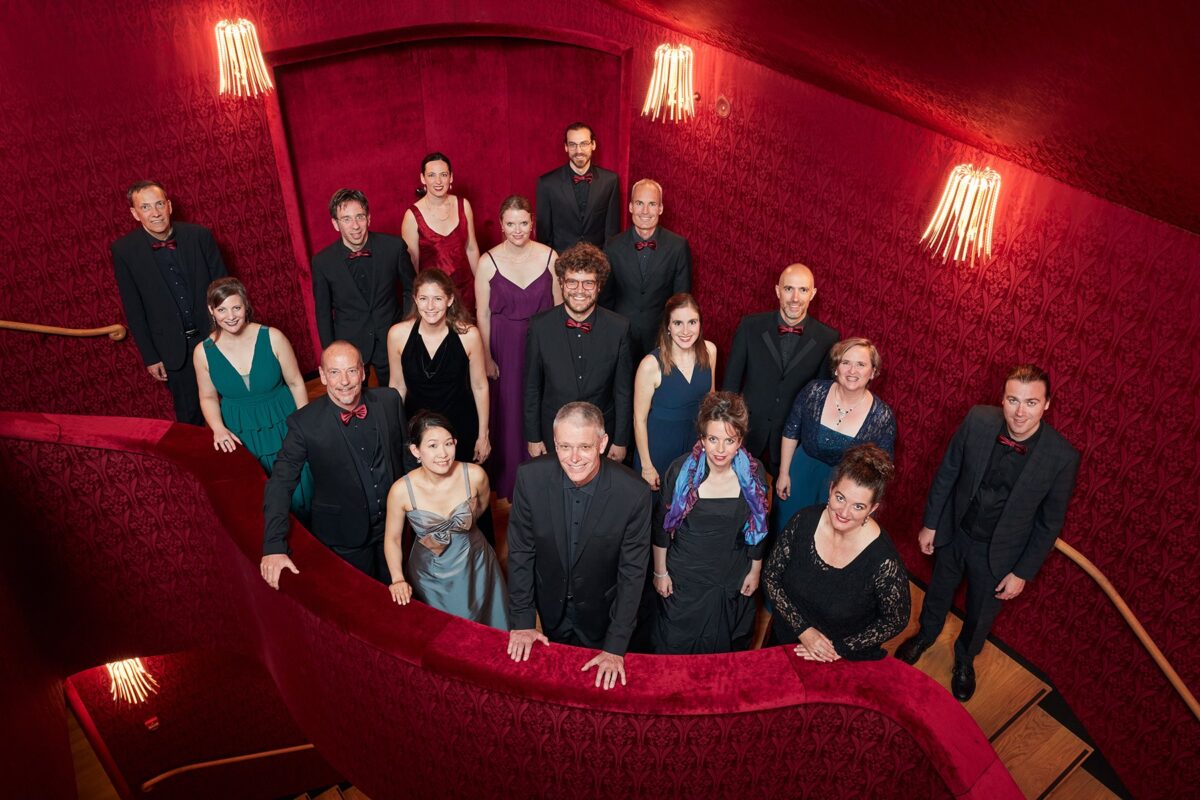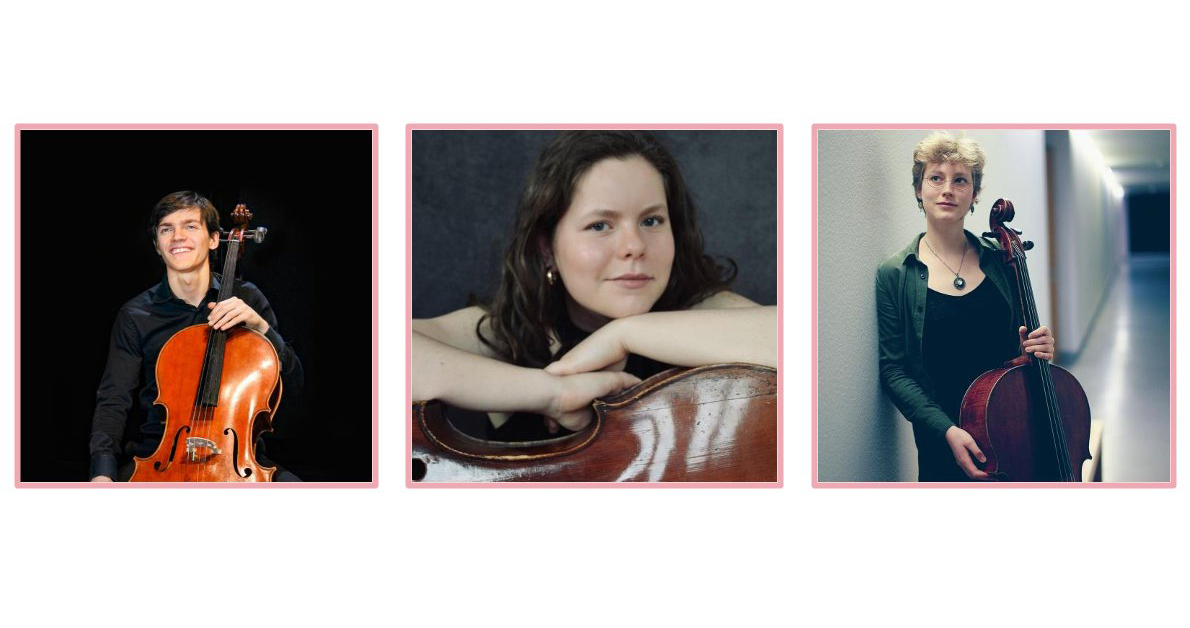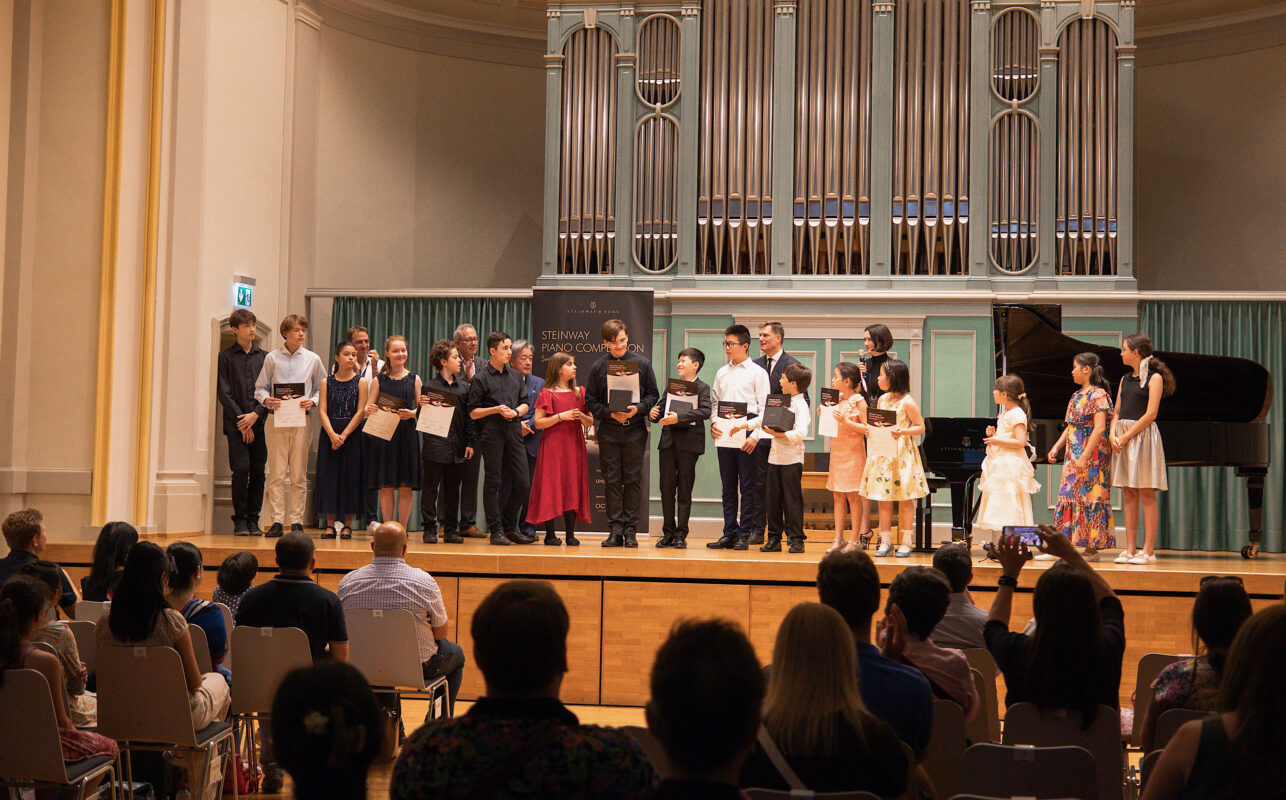"... and suddenly their soul opens up"
Peter Sigrist is an all-rounder as a teacher, singer and conductor. He conducts his choirs with skill and great attention to detail. In doing so, he brings his singers to great heights. After 45 years, he is now bidding farewell to the Lucerne Concert Choir.

Peter Sigrist comes from a family of musicians. His father was a teacher and organist and his mother's father also practiced this profession. Peter grew up with four siblings in the Maihof district of Lucerne. His father was responsible for playing the organ at the church there and conducted the church choir, a male choir, as was customary in the church at the time. One day, he called his son into the study and practiced the part of the solo soprano with him. Eventually, the nine-year-old took over this part in the choir. This was repeated until he was twelve years old, when the boy decided to stop singing in public. He feared that his voice would no longer hold up.
After his compulsory schooling, Peter attended the teacher training college and took organ lessons at the church music school with Josef Bucher. At the age of twenty, he taught at the comprehensive school in Ebnet, then as a teacher and organist in Ettiswil, a village with a wonderful baroque church, and later also in Dagmersellen. In addition to teaching, he enrolled at what was then the church music school and continued his training as an organist, conductor and singer. "I did it purely out of a love of music and because I wanted to improve myself. I had no idea what my career would be like."
Singing, conducting, teaching
In addition to teaching and studying music, Peter Sigrist performs as a lyric tenor wherever he is asked. At the age of 22, he sings the arias from J. S. Bach's St. John Passion after only a short preparation time. "That must never happen to you again," he says to himself. He resolves to only perform well-prepared at concerts in future. During this time, he also practices on the organ for four hours a day.
At the age of 27, he passes his organ diploma with top marks. He now teaches at the Lucerne Teachers' College (music and organ). He also takes singing lessons and voice training methodology at the Lucerne University of Applied Sciences and Arts. He receives more and more engagements as a singer in all the major cities in Switzerland and also abroad. He often sings with his second wife, the soprano Rosmarie Hofmann, and founds the vocal quartet musica sacra.
In 1972, he founded the choir of the Lucerne Cantonal Teachers' College: When his first class graduated, they wanted to continue singing in the choir. From then on, rehearsals took place outside of school hours, every Tuesday from 6 pm. This is still the case today. Only the name has been changed: It has been called the Lucerne Concert Choir since 2001. Initially there were around fifty singers, but then the choir became better known and performed great works such as Le Laudi by Hermann Suter, Gloria and Stabat Mater by Francis Poulenc, St. Paul and Elias by Felix Mendelssohn-Bartholdy. More and more people showed interest and wanted to join in. Today, the choir has 110 members. From 1982 to 2014, Peter Sigrist also conducted the Zurich Young Concert Choir and was a frequent guest conductor in Germany.
Keep at it and say goodbye
Peter Sigrist retired at the age of sixty and now works as a freelance singer and conductor. As a choir conductor, he likes to keep at it, be it in terms of intonation, language or dynamics. He can inspire. "I do everything I can to motivate the singers. But if a concert is to be a success, it means hard work: practicing, repeating and rehearsing again and again." It is the progress that fascinates him. "Amateurs sing cautiously at first, but when they are confident, their souls suddenly open up. It's incredibly beautiful."
Peter Sigrist will conduct Felix Mendelssohn-Bartholdy's Symphony No. 2 (Lobgesang) with the Lucerne Concert Choir on November 12, 2017 at the KKL. It was his wish to perform this work with the baroque orchestra Capriccio. He is not finding it difficult to say goodbye to the concert choir, says the conductor with conviction. He had been preparing for it for two years. Then he adds cautiously: "We'll see what it looks like after the last concert." His music-making will then be limited to playing the piano. "I want to enjoy my newfound freedom. I've always been committed my whole life. Now I want to be free."








